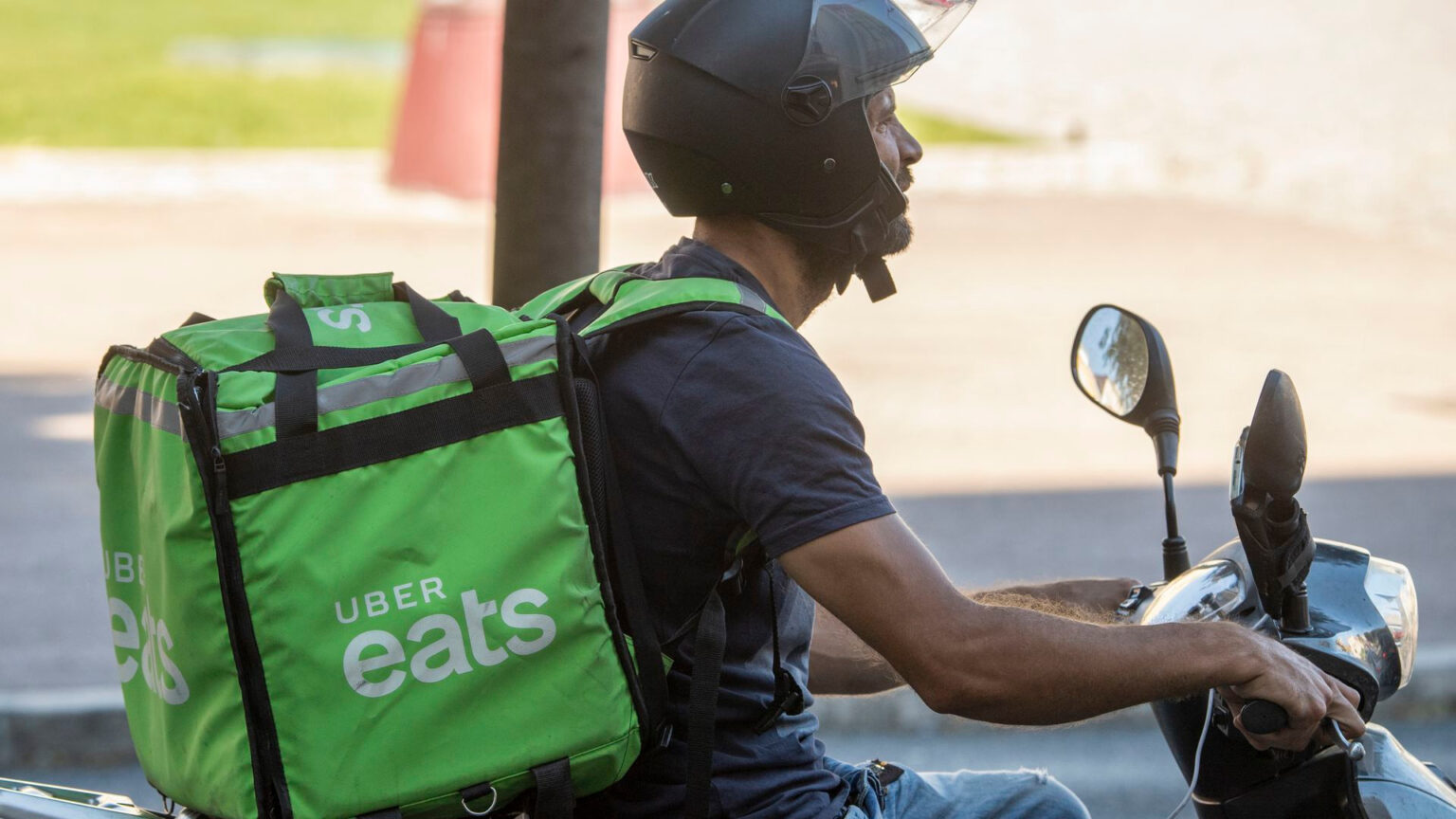
Are Postmates jobs getting axed? Why its merger with Uber is bad news
It’s universally acknowledged that when a company merges with another company, layoffs are bound to happen. However, as mergers & acquisitions in the gig economy are becoming increasingly common, it’s leaving contractors out in the cold.
Buzzfeed reported that after Uber acquired Postmates for over $2 billion, some of Postmates’ gig workers could be left without jobs. This is partly thanks to Uber’s more stringent rules & regulations for its drivers.
However, according to economists, the Uber & Postmates merger, as well as increasing mergers between companies, could spell bad news for gig workers and the jobs side of the gig economy in general. Buckle up and take a ride into what the merger means for the future of contract work.
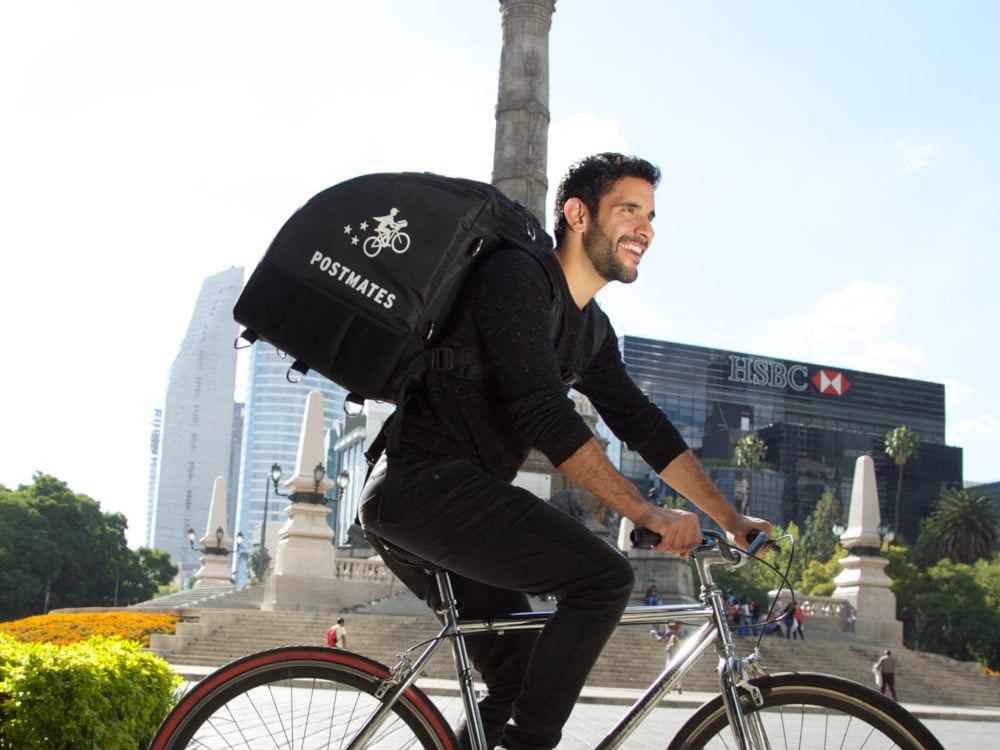
Think of the little guy
After the merger happened, Postmates contractor Ray Adams applied for the same job he had, but with UberEats. Shockingly, UberEats rejected him. Why? He had an outdated reckless driving charge on his record that he’d previously pleaded down to improper driving.
The reckless driving charge would disqualify Adams from Uber, as Uber’s website states: “Major driving violations or a recent history of multiple minor driving violations, including but not limited to no-fault accidents, may result in disqualification.” Buzzfeed explained Adams had tried rectifying his background check with Checkr, Uber’s background check company, and was waiting to hear back.
“If I haven’t managed to get accepted by another delivery service, it’s going to be pretty disastrous to my income. It was a bit of a slap in the face.” Adams said.
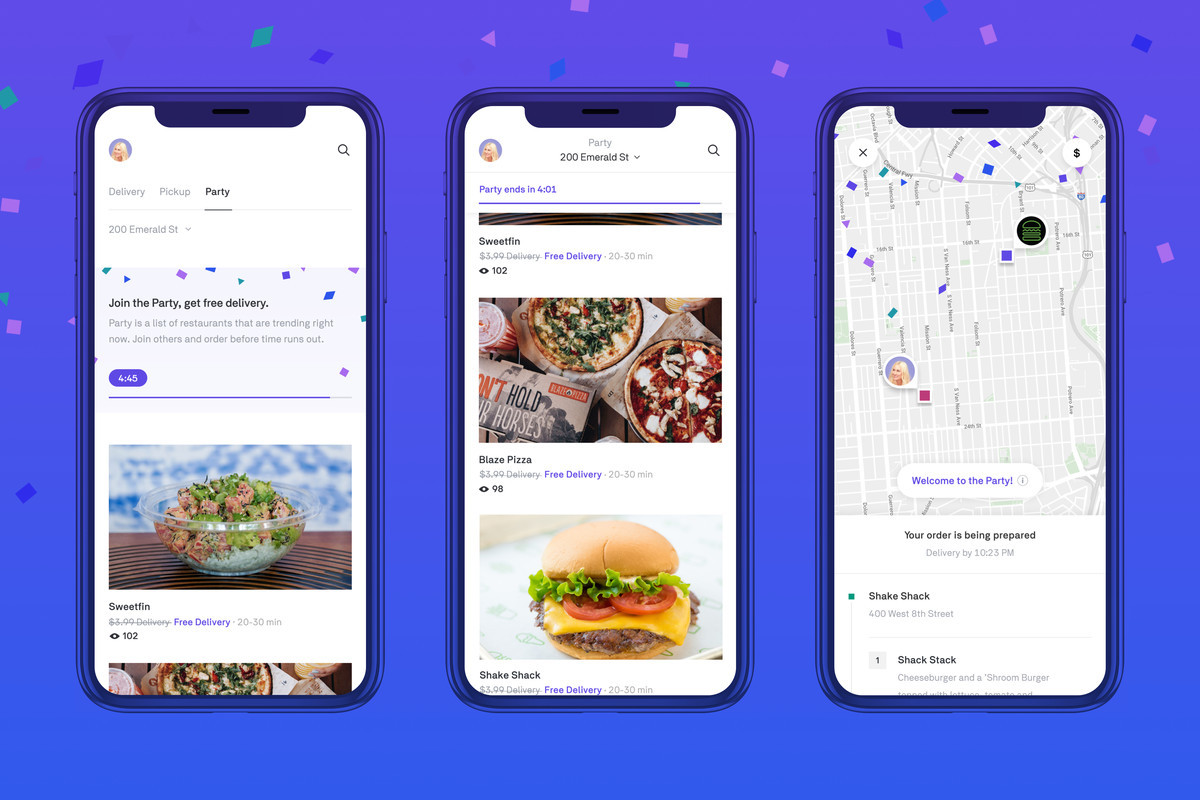
It’s an even bigger slap in the face when you consider this: gig workers often don’t qualify for unemployment insurance like people with regular jobs do. If they live in the U.S., they usually have to pay for their own health benefits too. Suddenly losing a well-paying gig can be devastating to a contractor’s bottom line as soon as their jobs disappear.
After getting into a fender-bender, Colorado Postmates driver Adam Rosenthal was disqualified from getting jobs with Uber. After the Postmates acquisition, he had to drive with Grubhub. Unlike UberEats or Postmates, Grubhub doesn’t offer same-week pay, so Rosenthal explained he will have to work harder to put gas in his car. “There’s days I need to drive before I can put gas in the car and buy food for myself and the cats.”
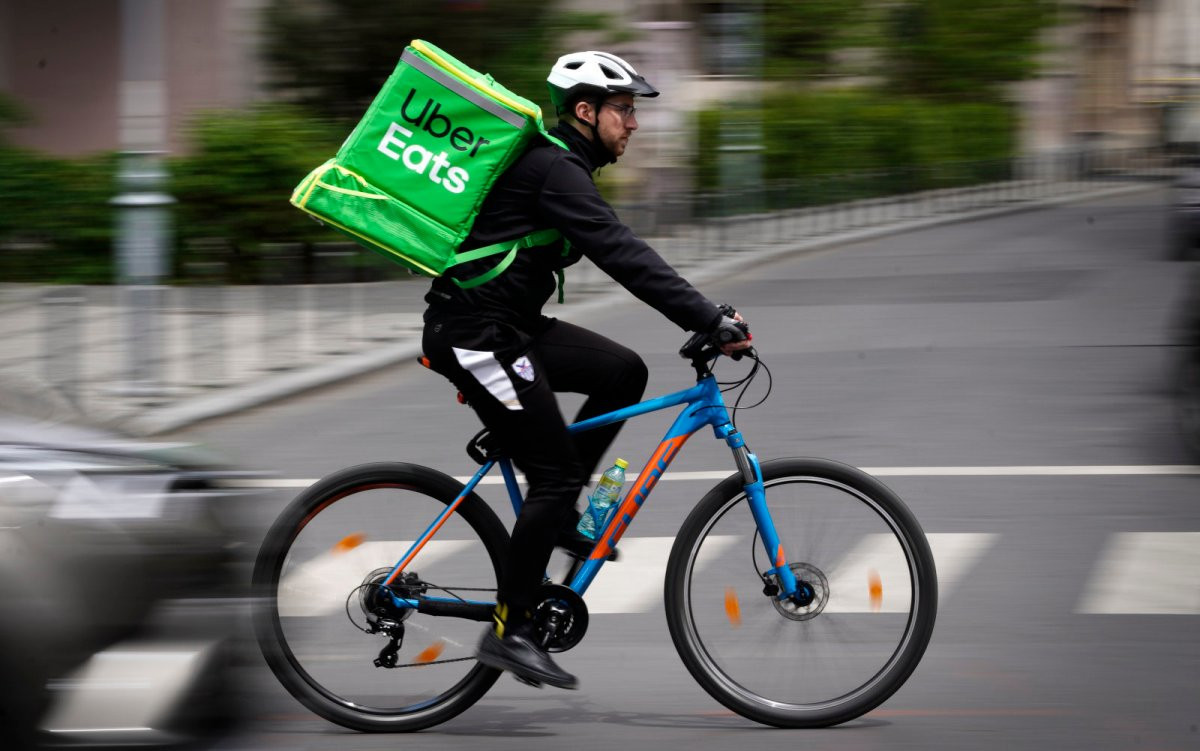
Waiting for onboarding
Even if a Postmates worker isn’t on the chopping block, they may end up waiting to get onboarded, costing them jobs & money every day they have to wait. Taya, a Postmates carrier in Texas, told Buzzfeed there was no formal announcement about the merger to Postmates workers, further detailing she waited eight days for UberEats to onboard her.
“I wish it was some sort of announcement email sent out months ago stating that the apps would be merged and Postmates will no longer exist”, she expressed. “ I guess there’s an assumption we knew just based on Uber purchasing the company.”
Matthew Miller, another Postmates driver, told Buzzfeed that although he has a clean driving record, his background check is taking longer to clear, meaning he’s missing out on his usual thirty-five to forty-hour workweeks and the pay that comes with them. “They sent me several automated emails saying the background check is taking longer than normal. I have a perfectly clean record, so I’m not sure what the holdup is.”
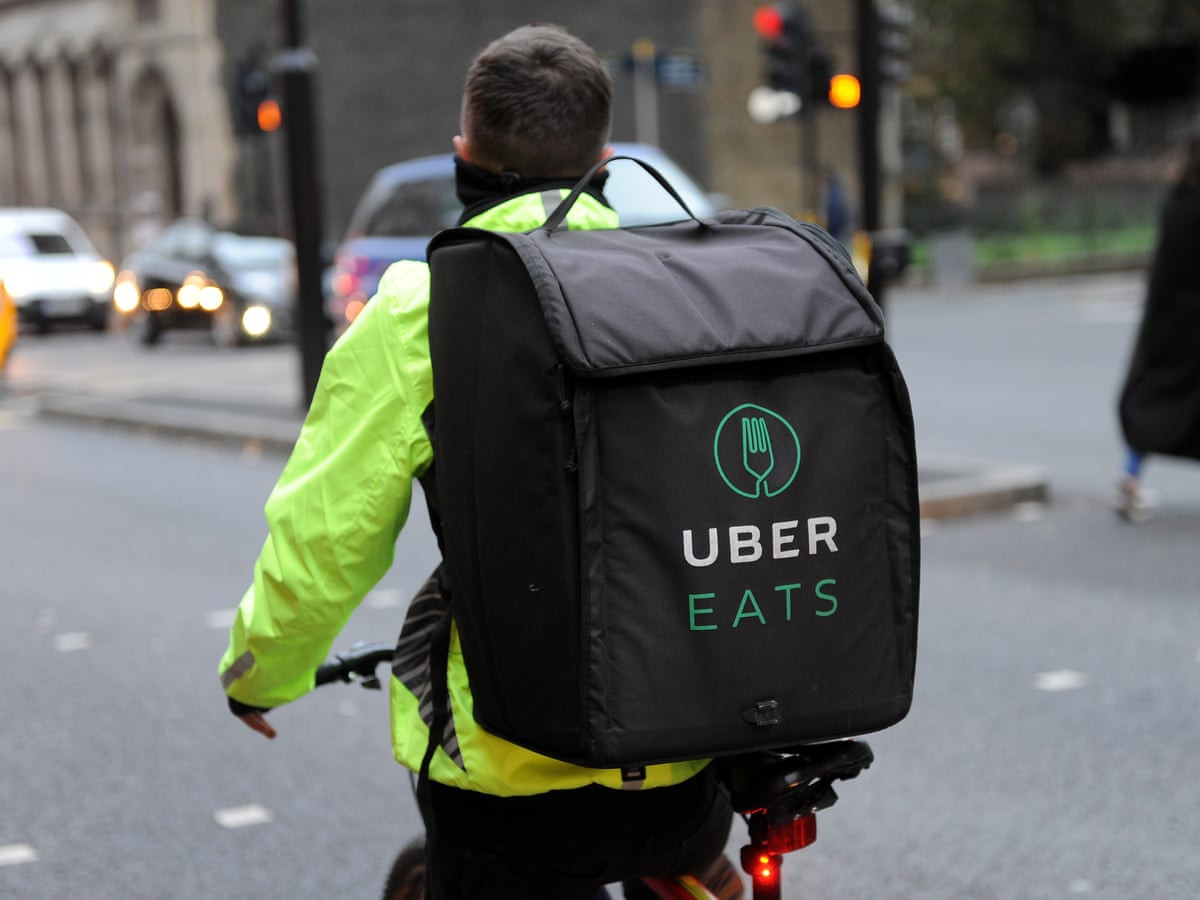
Less competition, no benefits
University of Utah economist Marshall Steinbaum explained to BuzzFeed: “As in any labor market, the fewer competitors there are for your labor, the fewer places you have that you get work, [which] increases the power the boss has over workers. They aren’t really able to enjoy what should be the benefits of being an independent contractor . . . to work for whoever is offering you the best deal on any one platform.”
A benefit of gig work touted by companies like Uber – and gig workers themselves – is the ability to set your own hours. However, with larger companies like Uber seemingly monopolizing the business gig workers end up competing against each other for fares according to some experts, who also claim the Federal Trade Commission should’ve taken more time to review the merger before giving it the go-ahead.
While Uber didn’t comment on the FTC decision, a spokesperson told Buzzfeed: “As we work to integrate Uber Eats and Postmates, a priority has been in maximizing earning opportunities for as many delivery people as possible—without compromising Uber’s commitment to safety”, further assuring readers they were trying to make the acquisition “as seamless as possible”.



